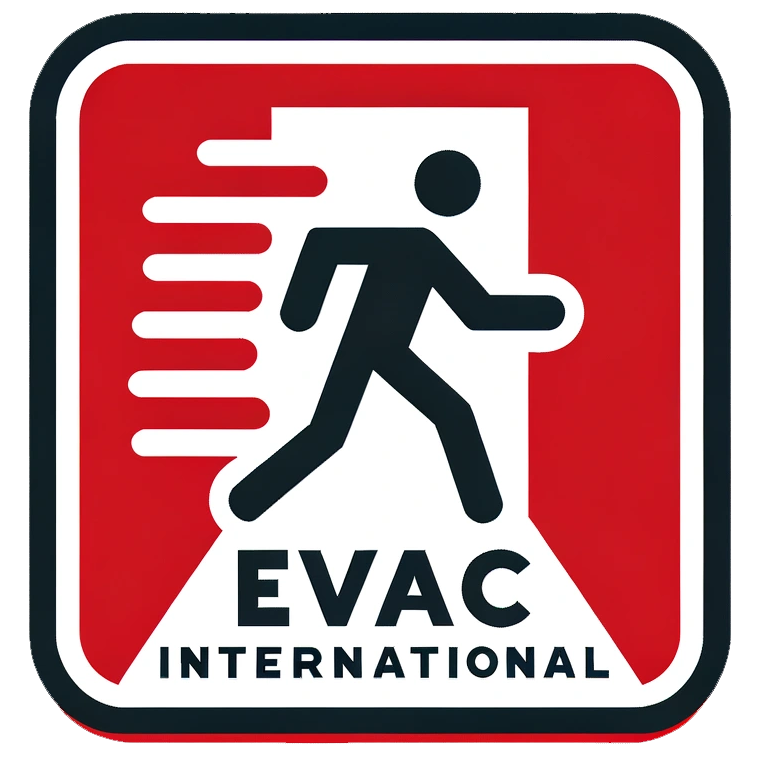As an evacuation chair expert, I have spent years working in the field of emergency evacuation procedures and equipment. The topic of air evac salary is one that is close to my heart, as it speaks to the dedication and skill of the individuals who work in the air evacuation industry. In this article, I will delve into the factors that determine air evac salaries, the importance of fair compensation for these professionals, and the impact of salary on the quality of air evacuation services.
First and foremost, it is important to understand the role of air evac professionals in the larger context of emergency medical services. These individuals are tasked with providing critical care and transport to patients who require immediate medical attention, often in high-pressure and life-threatening situations. Whether it’s responding to a natural disaster, a mass casualty event, or a medical emergency in a remote location, air evac professionals play a vital role in the chain of survival for those in need.
The rigorous training and qualifications required to become an air evac professional are substantial. From obtaining a commercial pilot’s license to completing specialized medical training, these individuals invest significant time, effort, and resources into honing their skills. Additionally, they must stay current with industry standards and best practices to ensure they can provide the highest level of care to their patients.
Given the demanding nature of the work and the level of expertise required, it is only fair that air evac professionals are compensated accordingly. Salaries for these individuals can vary widely based on factors such as experience, level of education, geographic location, and the type of air evacuation services provided. Factors such as working for a private air ambulance company, a government or military operation, or a non-profit organization can also impact salary levels.
It’s not just about fair compensation for the individuals themselves, however. The salary level of air evac professionals is directly tied to the quality and reliability of air evacuation services. In an industry where split-second decisions can mean the difference between life and death, it’s crucial that the professionals involved are well-trained, motivated, and focused on their mission. Adequate compensation plays a key role in attracting and retaining top talent in the field, ensuring that the highest standards of care are maintained.
Another angle to consider is the financial burden that comes with obtaining and maintaining the necessary qualifications and equipment for air evac professionals. From ongoing training and certification requirements to the costs associated with operating and maintaining aircraft and medical equipment, the financial investment required to work in this field is substantial. A competitive salary is crucial to offset these costs and ensure that air evac professionals can continue to provide their critical services without undue financial strain.
The impact of air evac salaries extends beyond the professionals themselves and the quality of care they provide. It also carries implications for the broader healthcare system and society as a whole. By ensuring that air evac professionals are fairly compensated, we are investing in the sustainability and growth of the air evacuation industry. This, in turn, allows for timely access to life-saving medical care for individuals who may not have access to it otherwise.
Moreover, fair compensation for air evac professionals sends a message about the value we place on their work and the sacrifices they make to provide vital services. It acknowledges the inherent risks and challenges of this line of work, and it reflects our society’s commitment to supporting those who dedicate their lives to serving others in times of crisis.
In conclusion, the topic of air evac salary is a multifaceted issue that carries significant weight for those involved in air evacuation services. As an evacuation chair expert, I firmly believe that fair compensation for air evac professionals is not just a matter of financial equity, but a critical component of maintaining the quality and reliability of air evacuation services. It is my hope that this article sheds light on the importance of this issue and encourages a continued dialogue about how we can best support those who work tirelessly to save lives in the air evacuation industry.

